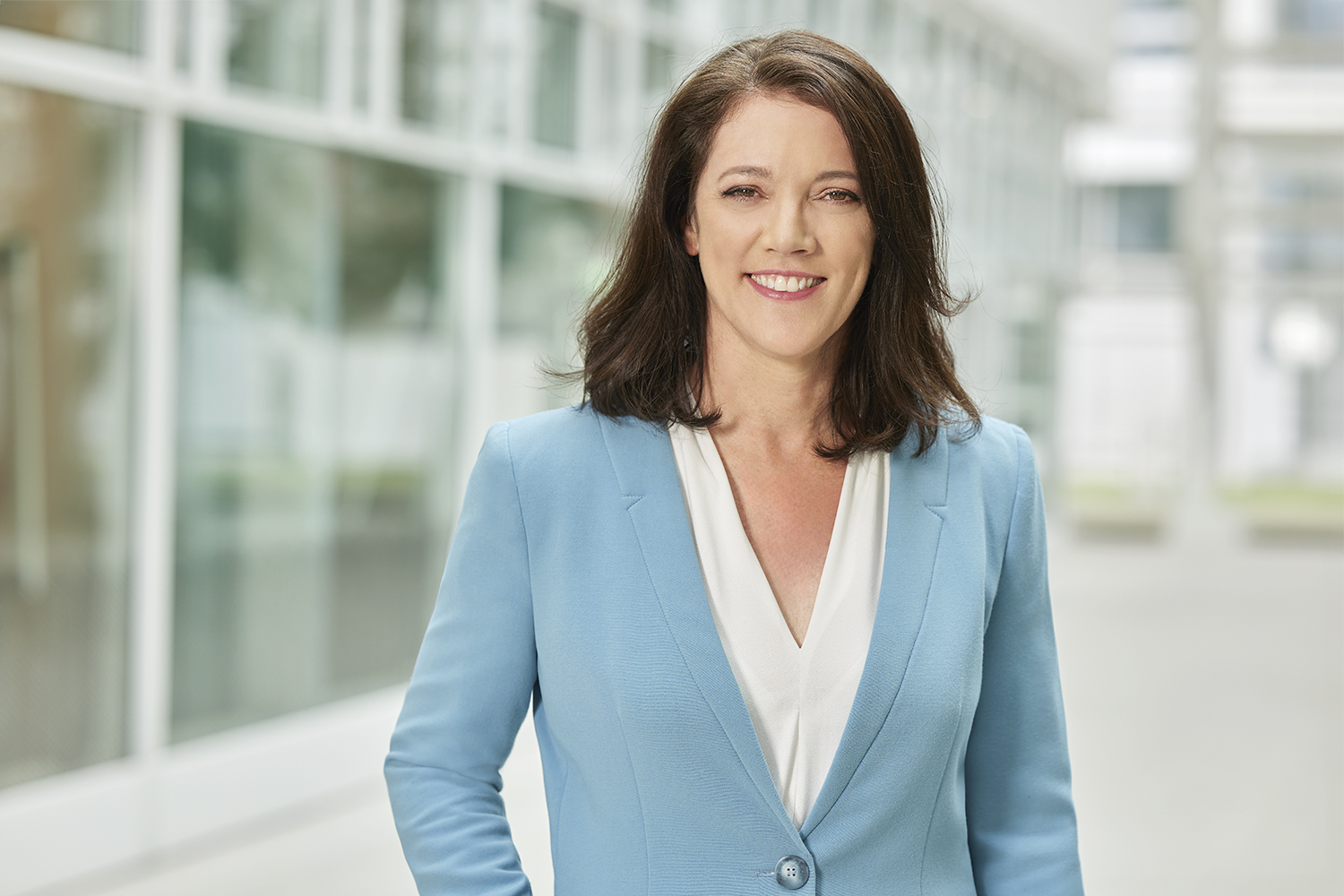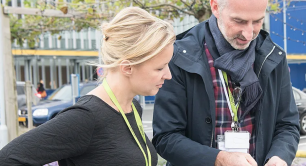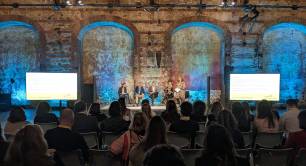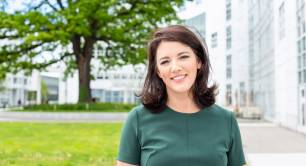‘We need all hands on deck’ – Impact Europe chair on how the impact community can shine a light in dark times
Ahead of Impact Week in Malmö, Leslie Johnston talks about how the impact community needs to work with ‘unlikely allies’ if it is to tackle today’s existential challenges – and why impact investors need to listen to the voices of social innovators on the ground.
The challenges faced by today’s divided world – where conflicts, climate change and autocracy are on the rise while countries and businesses row back on their green and social commitments – can seem too big to tackle. But a community of dedicated actors hope they can help forge a way out of this polycrisis: those ‘investors for impact’ committed to use money for good, and drive others to do the same.
That’s the premise of this year’s Impact Week, a convening of impact investors, philanthropists, social entrepreneurs and changemakers organised by Impact Europe, the European network of investors for impact, which will take place 18-20 November in Malmö, Sweden.
This mission will require, as a starting point, to think “outside the box” – and that’s what impact investors naturally do, argues Leslie Johnston, chair of Impact Europe and CEO of Laudes Foundation, which was founded by the family owners of the C&A brand and works with business and industry to tackle climate change and inequality.
“In this dark and challenging space that we're in, when you put impact first, you are by design thinking about innovation,” she says. “You are thinking differently, you are challenging vested interests, you are really trying to get out of that box of how things have always been, and think about how they could be…and we need that more than ever in today's world.”
Unlikely allies

The community of investors for impact, however dedicated it is, will not be able to achieve this alone, Johnston (pictured above) continues. “We're facing such deep, almost existential challenges that we need all hands on deck. And to get all hands on deck, you need to work with folks that you normally don't work with.”
This means bringing “unlikely allies” on board, she explains: institutional investors, which for the most part do not put impact first in their investments, manage most of the finance industry’s money, so “bringing them along and making them see that there's a business case for thinking about purpose and impact” is crucial, says Johnston.
Another essential partner is corporates: Impact Europe has been working with companies to help them include impact in their strategies, but “this is a time when no one wants to shout from the rooftops about what they're doing around sustainability, or climate, or ESG” because of political pressure, Johnston says.
“But what we do know is that many corporates are quietly still doing [impact] because they see value in it.” For the others, we need to make the case for impact by explaining how that fits their priorities, notably mitigating risk: climate change, for example, creates serious risks to supply chains, she adds.
If the impact community seeks to drive systems change, it needs to understand, and engage with, all the different actors that the broader system entails, Johnston explains: public sector, private sector (including industry, business and finance), philanthropy, civil society, workers, media, and so on. She acknowledges these players are probably much more diverse than those who will be “in the room” at Impact Week, but she is proud of Impact Europe’s efforts to bring in as many of them as possible. From her point of view, “this is what makes Impact Europe really unique,” she says.
With the systems change discussion, we need to make sure that the right voices are represented and heard
This is particularly important for social entrepreneurs and innovators working on the ground, she adds: “With the systems change discussion, we need to make sure that the right voices are represented and heard, [as] those that have the most to gain or lose when it comes to transformation like this usually have the weakest voices, and we need to make sure that they're at the table. I know that that's been very important to the Impact Europe team.”
For an impact investor or capital provider, being part of systems change requires understanding what their “unique contribution” is, Johnston argues, because for her, systems change isn’t an “attribution game”. She explains that some investors or funders sometimes want to “claim impact” – attribute themselves a certain impact – because they have, alone, invested in an initiative. “That's not systems change. If you have that attribution mindset, then inevitably you end up funding very small things that are not really focused on the larger systemic shift.”
Futuring muscle
This year’s conference will take place in Malmö, Sweden. “I've always been astounded at the creativity and innovation and design that we see out of the Nordics, they have been very active in the impact space,” says Johnston. Impact Europe is also seeking to expand its membership in the region, she explains.
Innovation is on the agenda at Impact Week, with a whole track dedicated to artificial intelligence. Its aim is to understand how investors for impact are using it – and share learnings, success stories, but also “watch outs”, looking at AI’s impact on vulnerable communities and the environment, and questions around bias and ethics. “I do feel that this impact space is underplaying the potential around AI, I think we're at the very initial stages,” says Johnston. It is important to have “an honest discussion” to identify challenges and opportunities, she adds.
I do feel that this impact space is underplaying the potential around AI
The industries, topics and communities impact investors work with are all going to be transformed by AI, she says, “and we need to understand that. We need to build our ‘futuring muscle’ so that we're able to have some scenario-building as to what the future could be, but be prepared to seize those opportunities.”
Johnston says she sees opportunities for impact investors to improve their internal operations, as well as reducing the burden on investees and grantees, for example on impact reporting.
- Listen to our podcast: Good Experts: How to do AI – the social enterprise way
But humans remain irreplaceable when it comes to collective action, at the core of everything Impact Europe does – and that’s why bringing together people in person, like at Impact Week, is so important, says Johnston: “I just feel like digital connections don't get to the depth of authenticity and relationship building that I think is needed, because really what's needed for systems change is connection and trust, and that can only be built face to face.
“Where the magic really happens is when people grab a cup of coffee, discover that they're both working on something similar, maybe in a different geography, but then actually start to really create some sort of collaboration that could push both of their work much further.”
Pioneers Post is a media partner to Impact Week, and our editor, Julie Pybus, will be at the event. Stay tuned for more.
Header image: Freepik.
| Ready to invest in independent, solutions-based journalism?
Our paying members get unrestricted access to all our content, while helping to sustain our journalism. Plus, we’re an independently owned social enterprise, so joining our mission means you’re investing in the social economy. |




